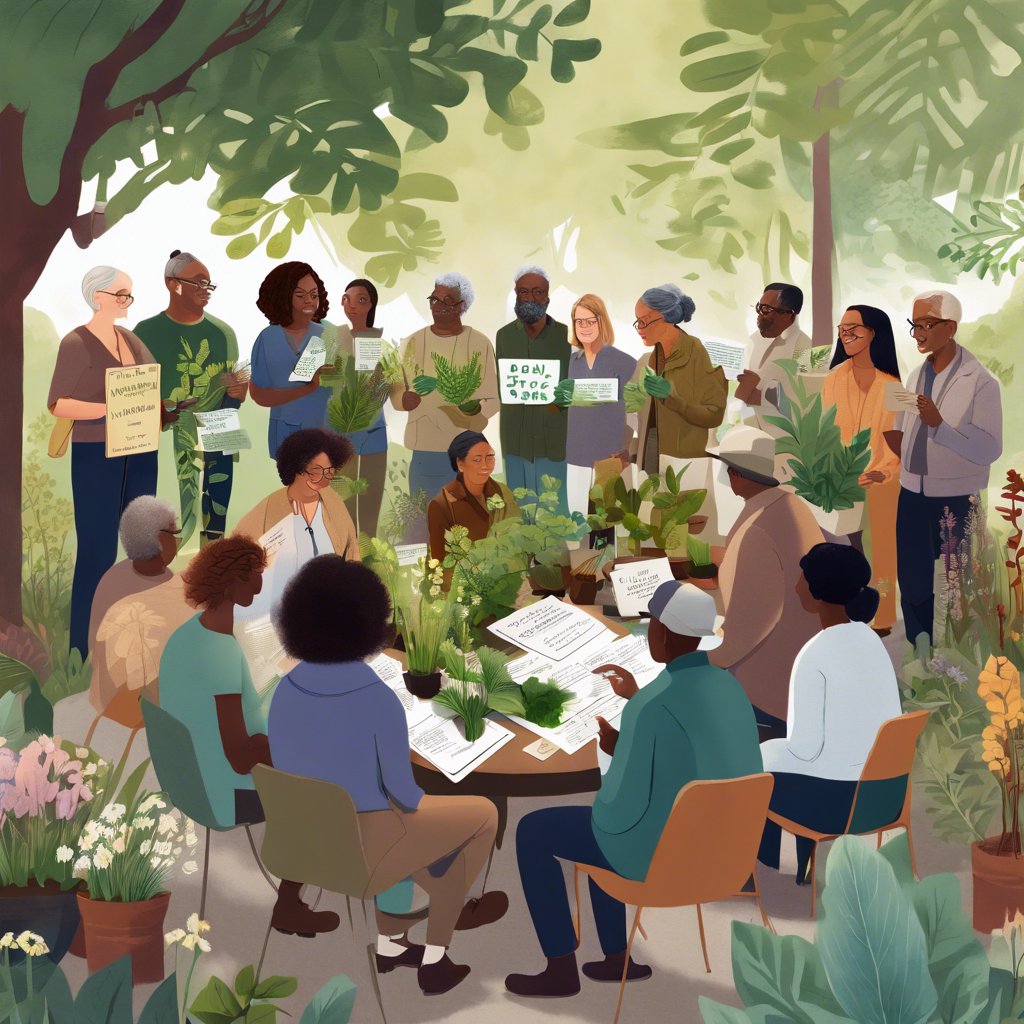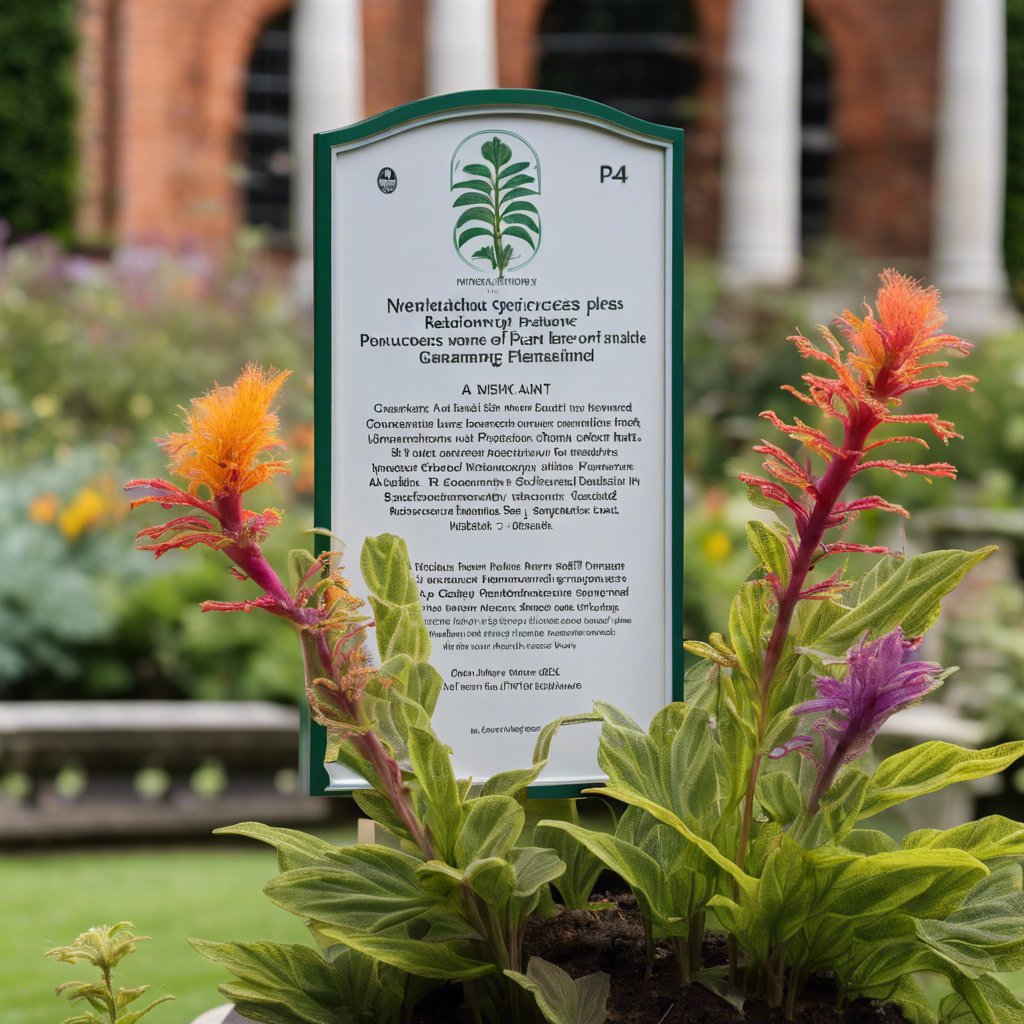Change in Scientific Nomenclature Reflects Social Responsibility
In July, a significant decision was made by plant scientists at the International Botanical Congress held in Madrid, which resulted in the alteration of a scientific name that had been used for approximately 200 different plant species. The name “caffra” was officially transformed to “affra”, with the scientific community asserting that this change was necessary to rectify a historical misspelling. However, it is widely understood among those who participated in the vote that “caffra” was not merely a typographical error.
Historically, the term “caffra” was employed in the scientific names of various plants to indicate their African origins. Yet, it is important to recognize that this term is also a Latinized version of “Kaffir,” a word that carries significant weight in southern Africa as it is regarded as an extremely offensive racial slur directed at Black Africans. Many botanists, particularly those from the African continent, have raised their voices against the use of this term in reference to African flora. In South Africa specifically, the use of the word can lead to severe penalties, including fines and imprisonment.
“We owe it to ourselves to make amends that recognize the wrongs our previous generations did,” stated Nigel Barker, a botanist at the University of Pretoria, who grew up in South Africa during the apartheid era. He emphasized that South Africans have actively moved away from many official names that are tied to that painful period in history.
The discourse surrounding nomenclature has become more prominent in the scientific community. For instance, entomologists have abandoned the common names of “gypsy moths” and “gypsy ants” due to their derogatory implications toward the Romani people. Additionally, some researchers are advocating for the reevaluation of names that honor individuals associated with racist ideologies and colonialism. As a result, last year, the American Ornithological Society chose to revise the common names of bird species that were named after such figures, and NYC Audubon has recently undertaken a rebranding to become NYC Bird Alliance.
However, the transition to the name “affra” represents a unique and pivotal moment, as it will lead to the modification of the official scientific names of hundreds of species. Scientists typically resist changes in nomenclature since maintaining stable naming conventions is essential for clear and unambiguous communication among researchers globally. Alterations to names are usually reserved for instances where genetic evidence demonstrates that a species has been misidentified.
When similar concerns arose last year regarding animal species named after infamous figures such as Adolf Hitler (Rochlingia hitleri, a type of beetle) and Benito Mussolini (Hypopta mussolinii, a moth), the International Commission on Zoological Nomenclature opted not to amend their scientific designations.















